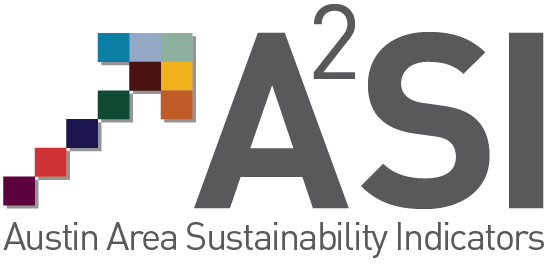Climate and community resilience refers to a set of indicators to assess the risks that certain climate-related hazards pose, how those risks are spatially and socially distributed, and how households, neighborhoods and cities can build resilience. Climate-related hazards – flood, wildfire, extreme heat, among others – causes damage and loss to property, infrastructure, livelihoods, service provision and environmental resources. Some communities are disproportionately exposed to and affected by climate hazards more than others based on social vulnerability. Social vulnerability is a measure of both the sensitivity of a population to natural hazards and its ability to respond to and recover from the impacts of hazards.
We present a multi-risk assessment that considers how hazard risk and vulnerability interact. We first assess social vulnerability and each risk separately (considering for each hazard a specific analysis of exposure and vulnerability) and then the aggregation allows a multi-risk index evaluation. Download the full report by visiting the reports page or clicking here.

This work is licensed under a Creative Commons Attribution-NonCommercial-NoDerivatives 4.0 International License.
